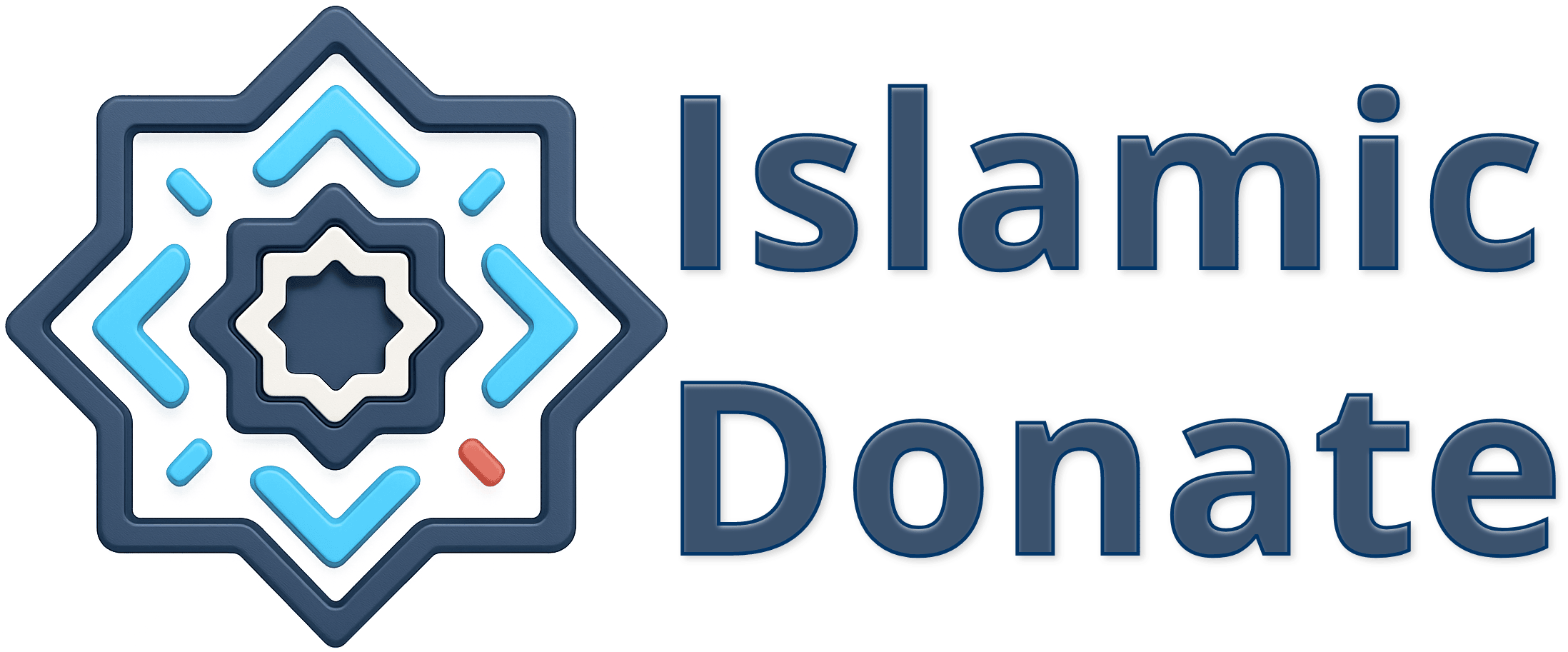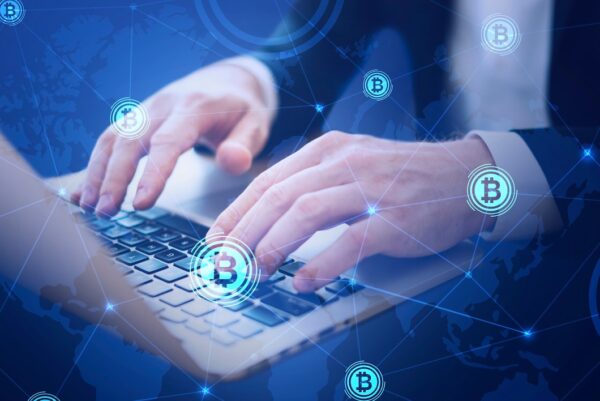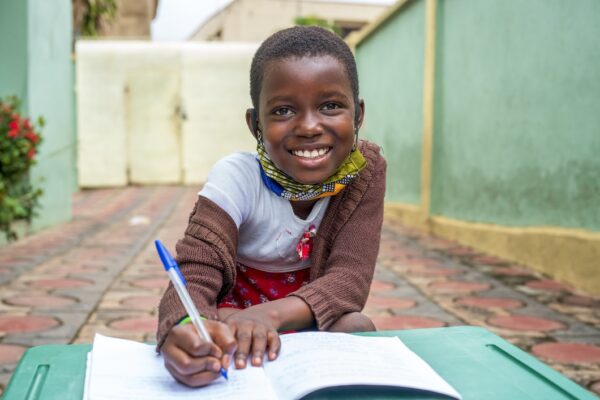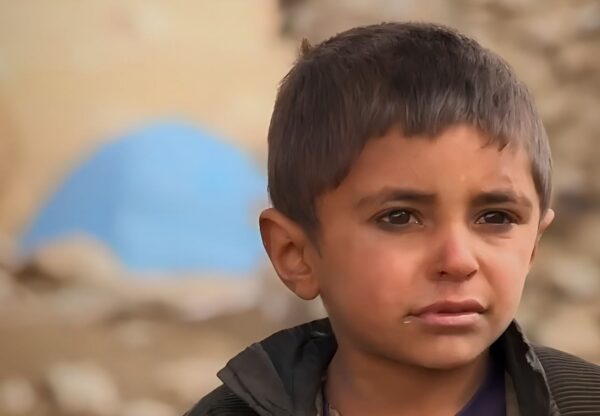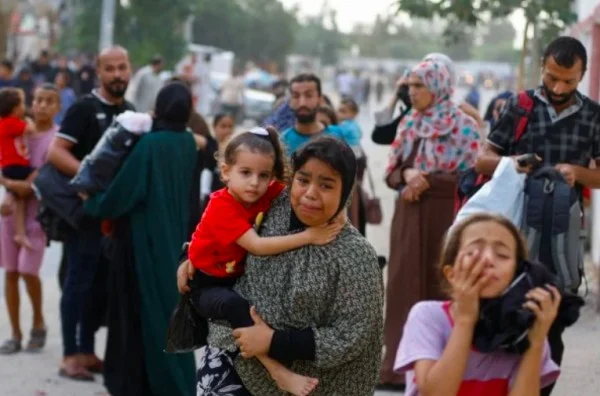Empowering Muslims, Building a Just Future: The Goals of Donate For Islam
At Donate For Islam, we’re driven by a powerful mission: to empower Muslim communities and advocate for social justice, all guided by Islamic principles. We collaborate with established Islamic institutions, aligning our efforts to amplify their positive impact and achieve shared objectives.
Here’s a glimpse into the core pillars that define our work:
1. Fostering Social Justice and Islamic Development
We actively develop and support impactful programs that promote social justice, education, and spiritual growth within the Muslim community. These programs foster unity and understanding, not just among Muslims themselves, but also with the broader society. We believe in strengthening the bonds of brotherhood and sisterhood, creating a more connected and supportive Islamic ecosystem.
2. Transparency and Accountability: Building Donor Trust
We prioritize complete transparency in all our financial dealings. Upholding trust is paramount, and we ensure all donations are used precisely as intended by our generous supporters, strictly adhering to Islamic principles.
3. Collaborative Spirit: Working Alongside Islamic Centers
Open communication and collaboration are central to our approach. We maintain strong relationships with Islamic centers and affiliated offices, providing them with regular updates and reports on our activities and progress. This ensures our efforts align seamlessly with the broader goals of the Islamic community.
4. Empowering Local Leaders: Recruitment and Training
Local trustees are the backbone of overseeing and managing our initiatives. We meticulously recruit and train dedicated individuals who share our passion for social justice and Islamic values. These individuals contribute their time, skills, and resources to ensure our programs reach their full potential.
5. Advancing Advocacy for a Just World
We actively promote policies and initiatives that champion social justice, human rights, and responsible environmental stewardship, all grounded in Islamic principles. Through public engagement and advocacy, we raise awareness about critical issues impacting our communities. We strive to find solutions guided by Islamic values, creating a positive impact on a global scale.
6. Keeping Donors Informed: Regular Updates and Reports
We deeply value keeping our donors informed and engaged in our journey. We regularly share reports, newsletters, and other informative communications, ensuring transparency and highlighting the tangible impact of their contributions.
7. Maintaining a Valuable Resource: Our Website
Our website serves as a central hub for information and resources related to our work and the overarching pursuit of social justice within Islam. We are committed to keeping the content fresh, relevant, and easily accessible. This empowers our supporters to stay informed about our programs and initiatives.
Join Us in Building a Brighter Future
With your support and prayers, we strive to create a more just and equitable society, one that reflects the true spirit of Islam. We invite you to join us in this journey. Donate, volunteer, or simply keep us in your prayers – every contribution fuels our mission to empower Muslims and build a brighter future for all.

